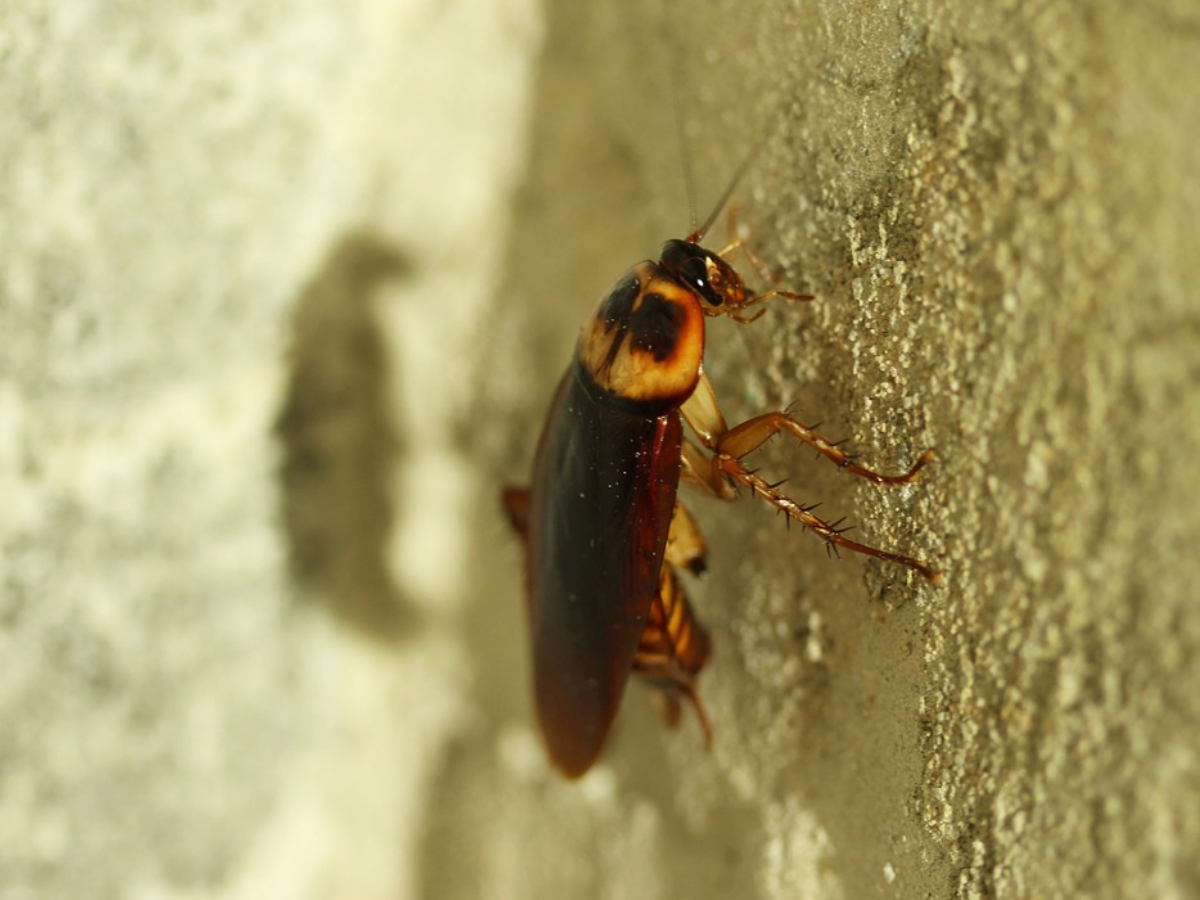The Independent | Updated: Jul 4, 2019, 09:57 IST


Get Notifications on latest News & UpdatesCockroach
populations are rapidly evolving to become “almost impossible” to kill with chemicals alone, US scientists said.
When cockroaches survive an insecticide
treatment, they and their offspring quickly become “essentially immune” to it, a Purdue University
study published in ‘Scientific Reports’ found.
But crucially, they also develop immunity to a range of other insecticides, even if they were never exposed to them — something the scientists
call “cross-resistance”.
“We would see resistance increase four- or six-fold in just one generation,” Michael Scharf
, a professor of entomology
, said.
Female cockroaches can produce up to 50 offspring every three months, passing their immunity on to them. So even if just a fraction of a cockroach population survives an insecticide treatment and becomes cross-resistant, a decimated population could skyrocket again.
“Cockroaches developing resistance to multiple classes of insecticides at once will make controlling these pests almost impossible with chemicals alone,” said Scharf.
For the study, three different treatments were tested on cockroaches over a sixmonth period. When they rotated three different insecticides over six months, researchers managed to contain cockroach populations – but not to reduce them.
When they tried two insecticides, the results got even worse, as populations boomed. They also tried a single-insecticide treatment, with mixed results: If the cockroaches had no resistance to it at all, the researchers wiped them out. But if there was even just 10 per cent resistance, populations rose quickly.
The scientists said in the statement insecticides should still be an important component in controlling cockroach populations.
